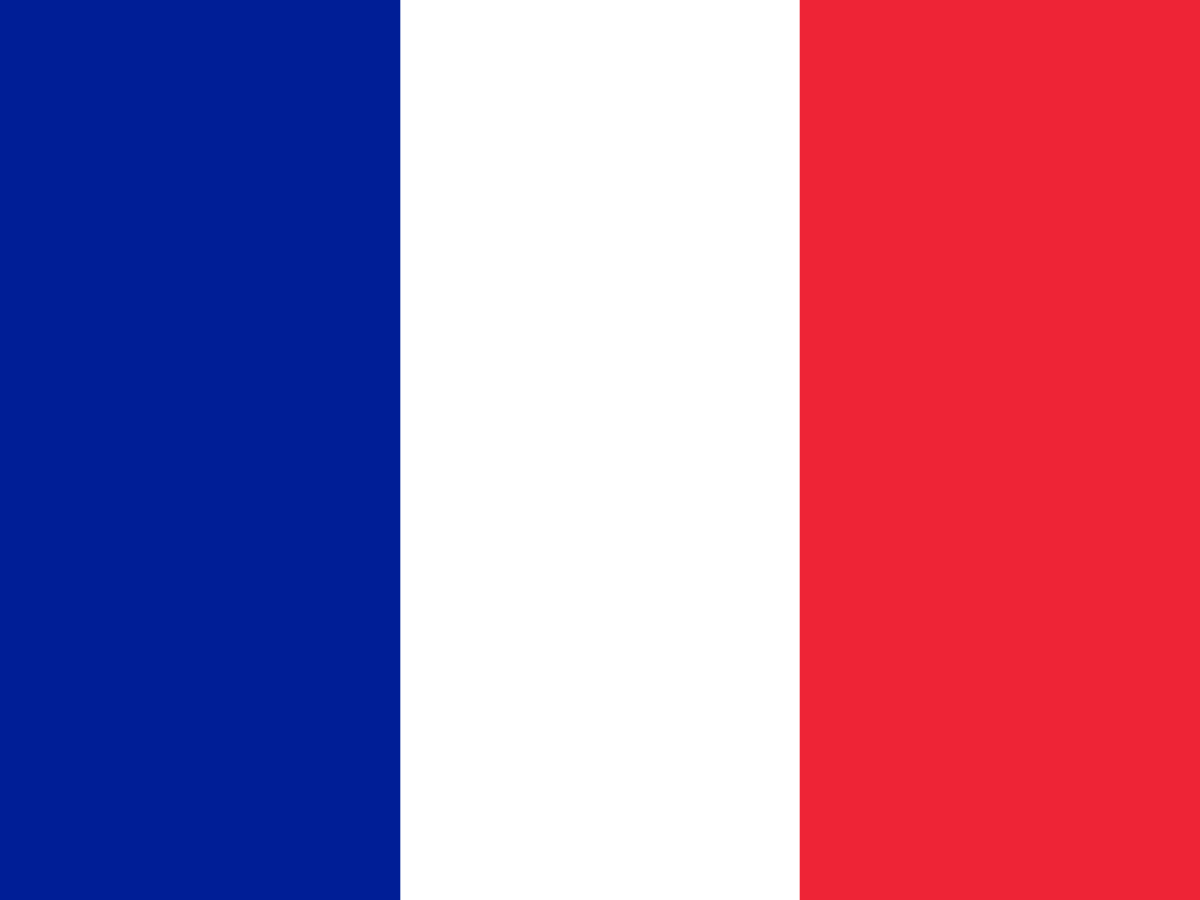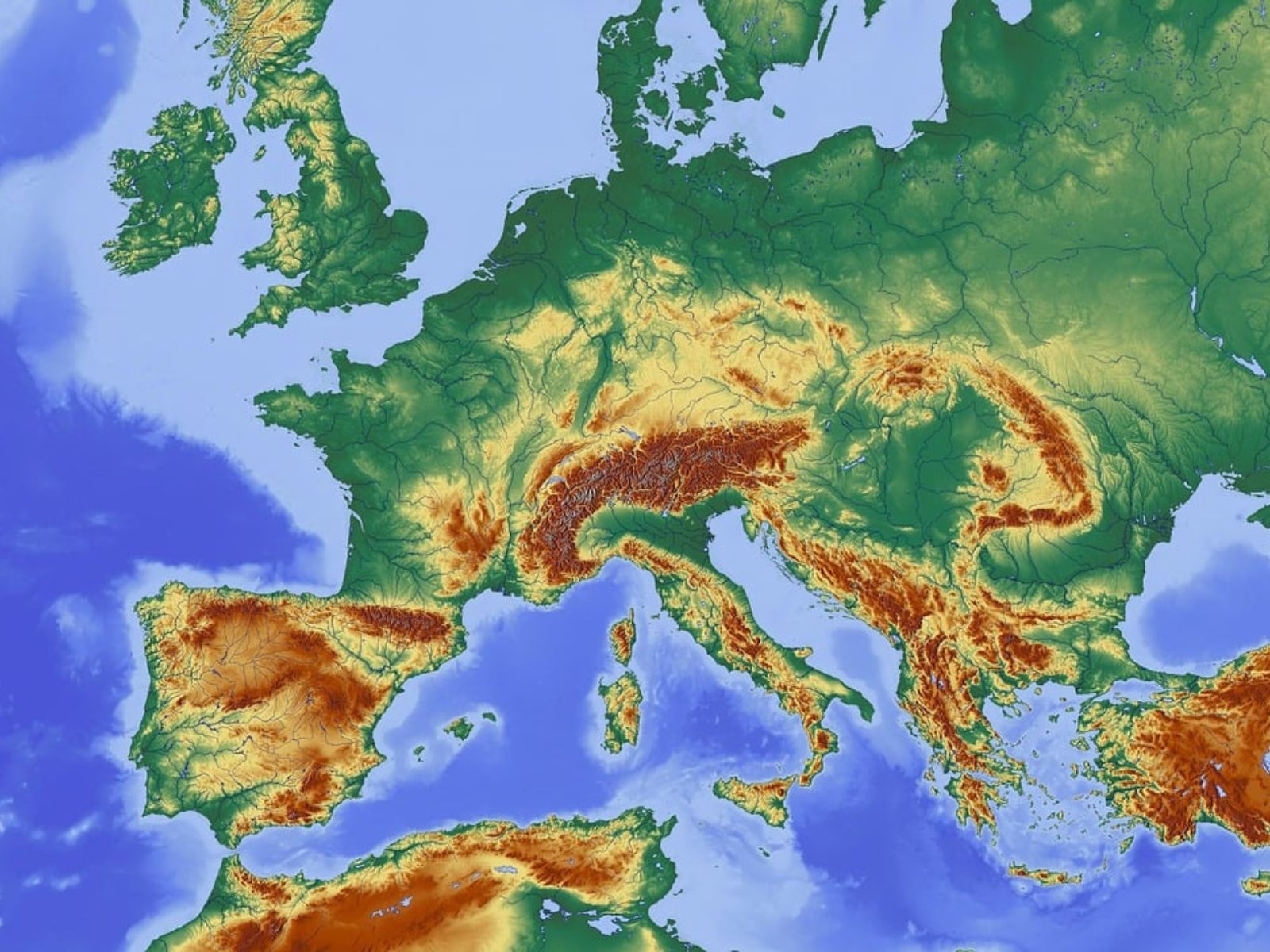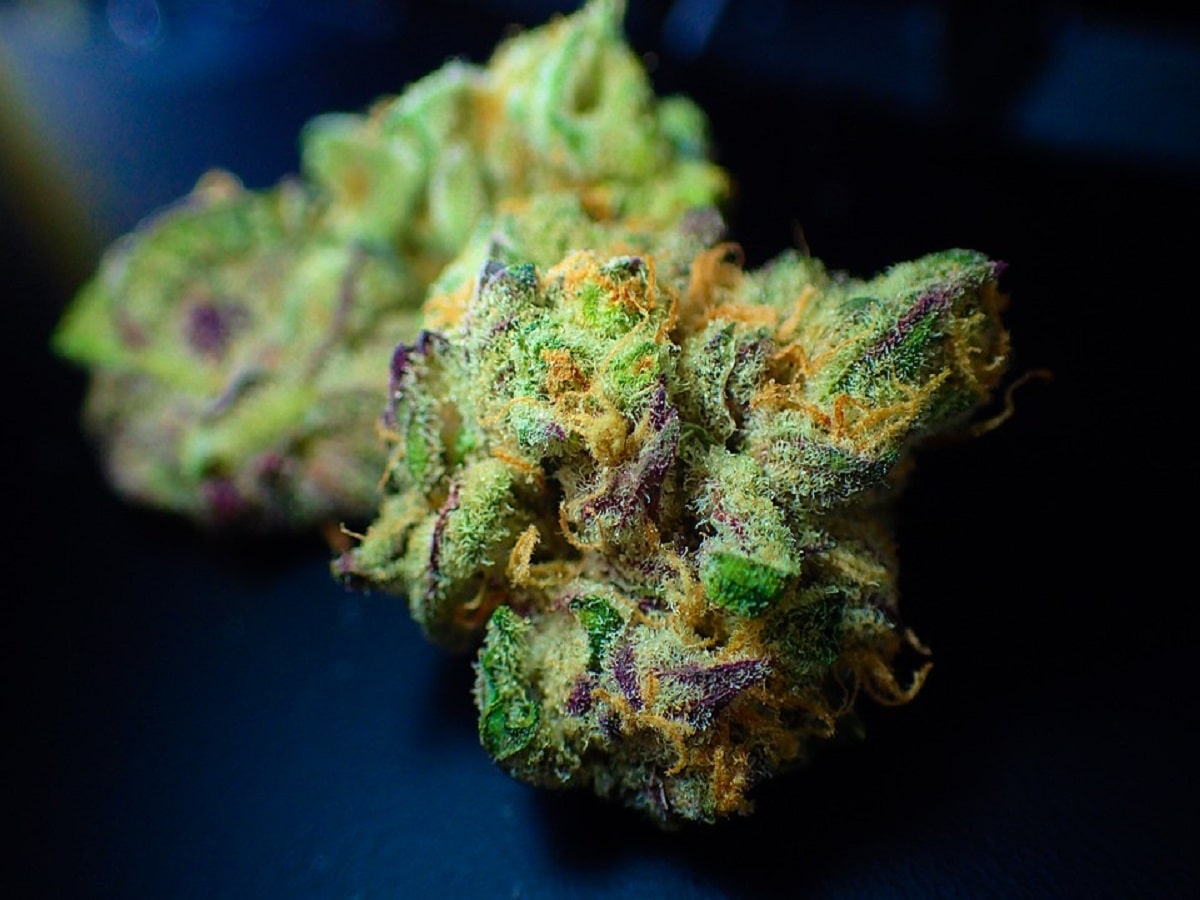
France Formalizes Its CBD Rules – But The Fight Is Just Beginning

France Formalizes Its CBD Rules – But The Fight Is Just Beginning
The country issued new guidelines right before the new year – but while it spells good news for manufactured products, cultivators are up in arms.
In a significant move for not only France but a wider European conversation beyond that, the French authorities moved to formalize rules on CBD at a national level at the end of 2021. That they did so at the very end of the year, on December 30, has not quelled the already bubbling controversy.
Here is why. Broadly, the French Ministry of Solidarity and Health issued an order to implement Article R. 5132-86 of the Public Health code which now authorizes the CBD market. There are some winners in this – namely every producer who does not sell flowers directly (which includes herbal teas). The losers? Every cultivator and product producer who sells the leaves directly to the public, even though the regulation also allows the increase of THC in hemp cultivation from .02 to .03% as well.
That is a huge segment of the market – not only from a cultivator but also retail sales perspective. The professional organization of CBD Purveyors, the Union des Professionals du CBD, has stated that flower sales are currently 70% of their market, and of course is leading the charge against the new flower sale ban.
Importance In the Discussion
This is not the first time the strange path to legalization in France has sparked attention. The country has been moving achingly slowly forward to recognize medical use. In the meantime, CBD is being lumped, as it is in places like Germany, in an odd place where the raw flower is frequently also banned, outright. In Deutschland, hemp tea has also been on the front end of legal fights over the last few years that are still unresolved, even in the face of recreational reform simply because cannabis remains in the German Narcotics Act.
That said, the fact that now France (and Switzerland) have clearly amended their Narcotics Acts to allow the sale of both CBD and in Switzerland’s case THC, also spells an end to futile arguments on the German side of the border about how difficult dealing with this issue is. Namely, all that must be done is to do it, and further in a way that now three European countries have now done. See Malta.
It was also France where the Kannavape case (which this is also the direct result of) created a European precedent on the cross-border sale of CBD (and further for smoking).
It is in other words, no matter how strangely piecemeal, France, where the CBD market for Europe may first be nationally defined, despite all the kicking and screaming.
Be sure to book your tickets to the International Cannabis Business Conference as it returns to Barcelona, Berlin and Zurich in 2022!
Share article


Share article
Join Our Awesome Community
Join Our Awesome Community
Join Our Awesome
Community
Get all the latest industry news
delivered to your inbox





